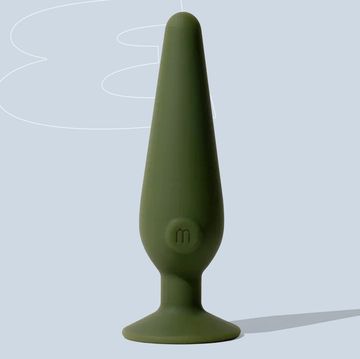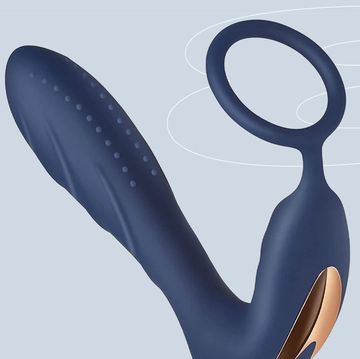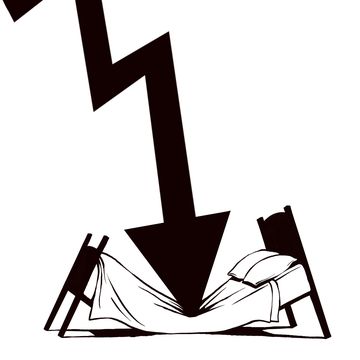Let's face it: There used to be something tragic about even the most beautiful forty-two-year-old woman. With half her life still ahead of her, she was deemed to be at the end of something—namely, everything society valued in her, other than her success as a mother. If she remained sexual, she was either predatory or desperate; if she remained beautiful, what gave her beauty force was the fact of its fading. And if she remained alone... well, then God help her.
Mrs. Robinson was forty-two. And so if you want to see how our conception of forty-two-year-old women has changed over the last five decades, simply imagine The Graduateremade today, with Cameron Diaz in the part made famous by Anne Bancroft. Or Sofia Vergara. Or Leslie Mann. Or Amy Poehler. Or any of the forty-two-year-old women now gracing our culture. The result might be misguided, in the way of so many remakes. But it would either outdo the original, in terms of heat, or upend it entirely, with sex as a form of subversion or subversion as a form of sex. In the right hands, it would be funny; but even in the wrong hands it couldn't get away with what Mike Nichols and Dustin Hoffman got away with: a movie that turned on the hero's disgust with himself for having an affair with a forty-two-year-old woman. It is hard to feel sorry for a young man who goes to bed with the woman everybody else in the theater wants to go to bed with.
There are many reasons for the apotheosis of forty-two-year-old women, and some of them have little to do with forty-two-year-old women themselves. In a society in which the median age keeps advancing, we have no choice but to keep redefining youth. Life lasts longer; so does beauty, fertility, and sex. And yet forty-two-year-old women are not enjoying some kind of scientific triumph but rather one of political and personal will. A few generations ago, a woman turning forty-two was expected to voluntarily accept the shackles of biology and convention; now it seems there is no one in our society quite so determined to be free. Conservatives still attack feminism with the absurd notion that it makes its adherents less attractive to men; in truth, it is feminism that has made forty-two-year-old women so desirable.
Carla Gugino. Christina Applegate. Jennifer Garner. Maya Rudolph. It is no accident that every woman mentioned here has comic as well as carnal appeal, and entices with the promise of lust with laughs. No generation of American women has entered its forties as frank about sex, and so no generation of American women has been as attuned to—or forgiving of—the absurd theater of men trying to get into their pants. They have had so much going their way for such a long time that their superiority to their male counterparts has become part of the grain of American life, especially in movies and on television; indeed, it may be said that the best thing that forty-two-year-old American men have going for them is forty-two-year-old American women.
Of course, they have to work for their advantage; they have armored themselves with yoga and Pilates even as they joke about the spectacle. Still, what has made them figures of fantasy is not that they have redefined the ideals of female strength but rather their own vulnerabilities. Go to a party: There is simply no one as unclothed as a forty-two-year-old woman in a summer dress. For all her toughness, and humor, and smarts, you know exactly what she looks like, without the advantage of knowing who she is. "You're trying to seduce me, aren't you?" Benjamin Braddock asked Mrs. Robinson a long time ago. The question, back then, was all that mattered. Now we wait for the answer.














